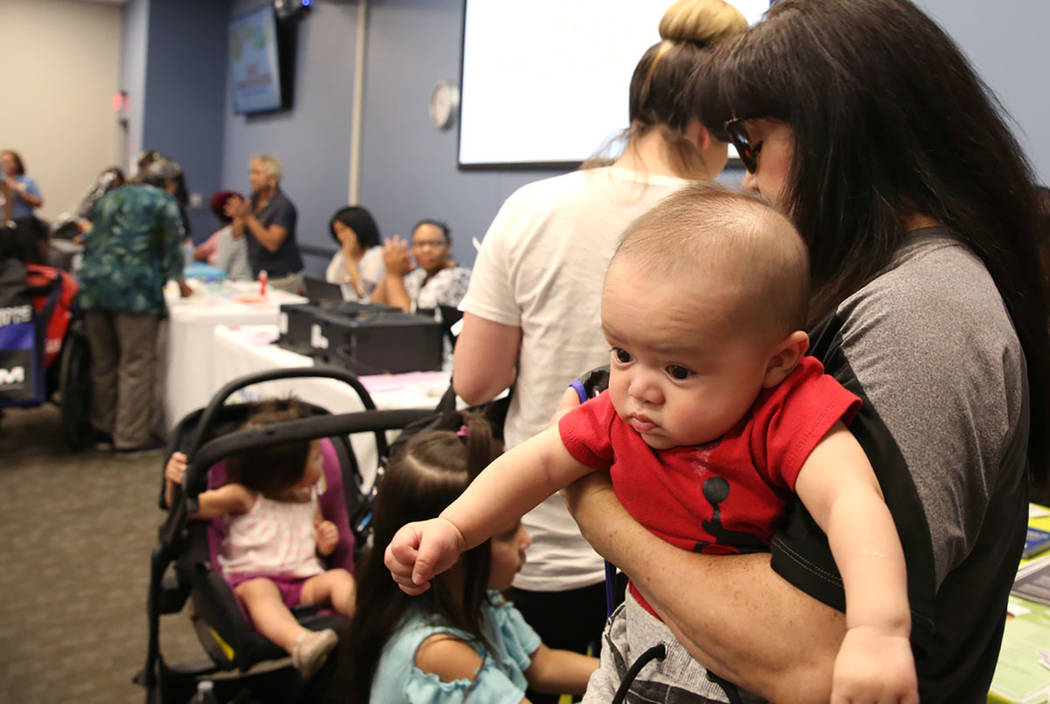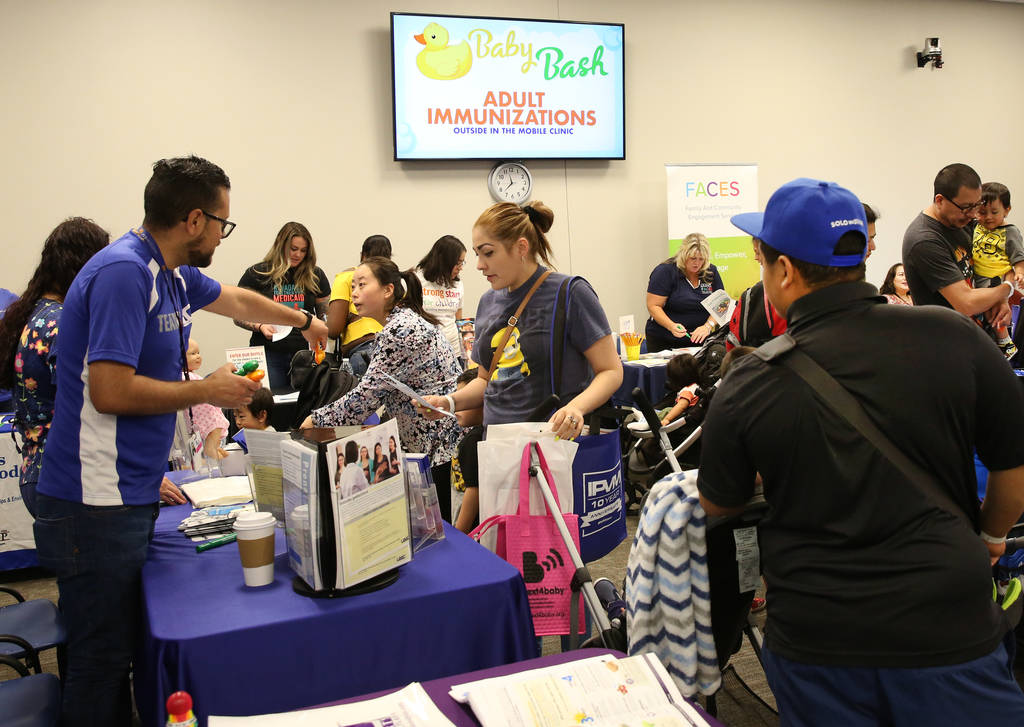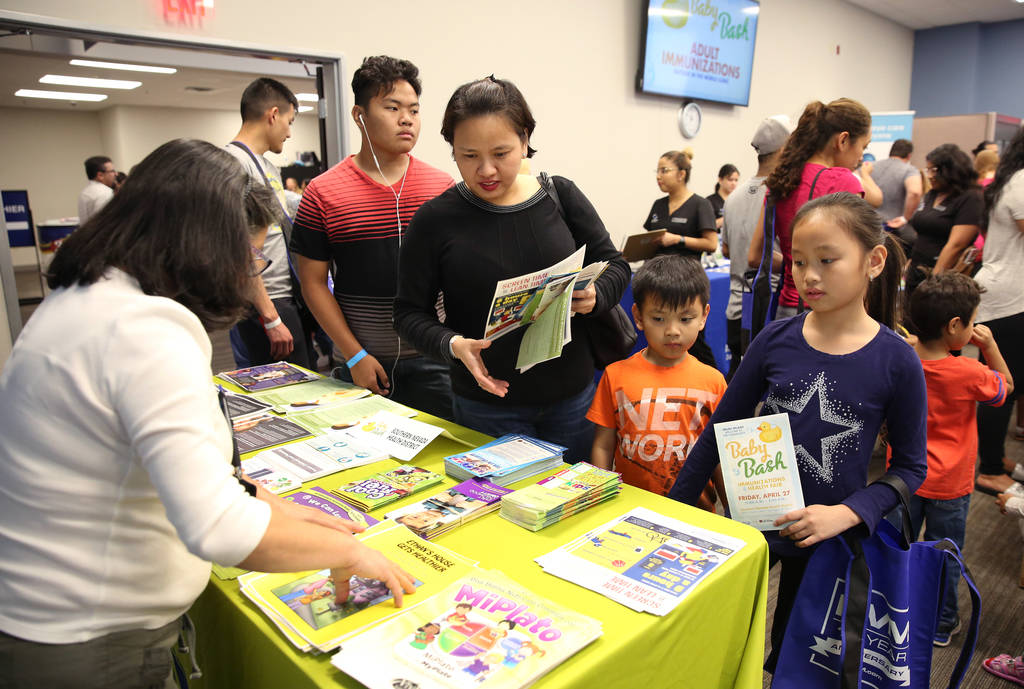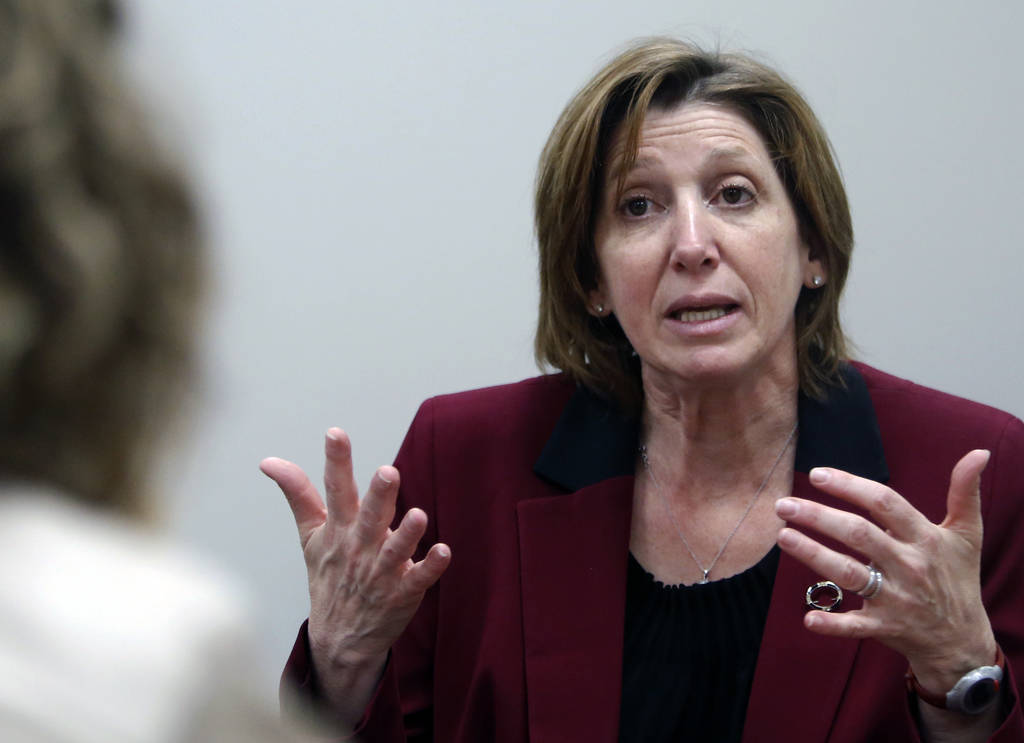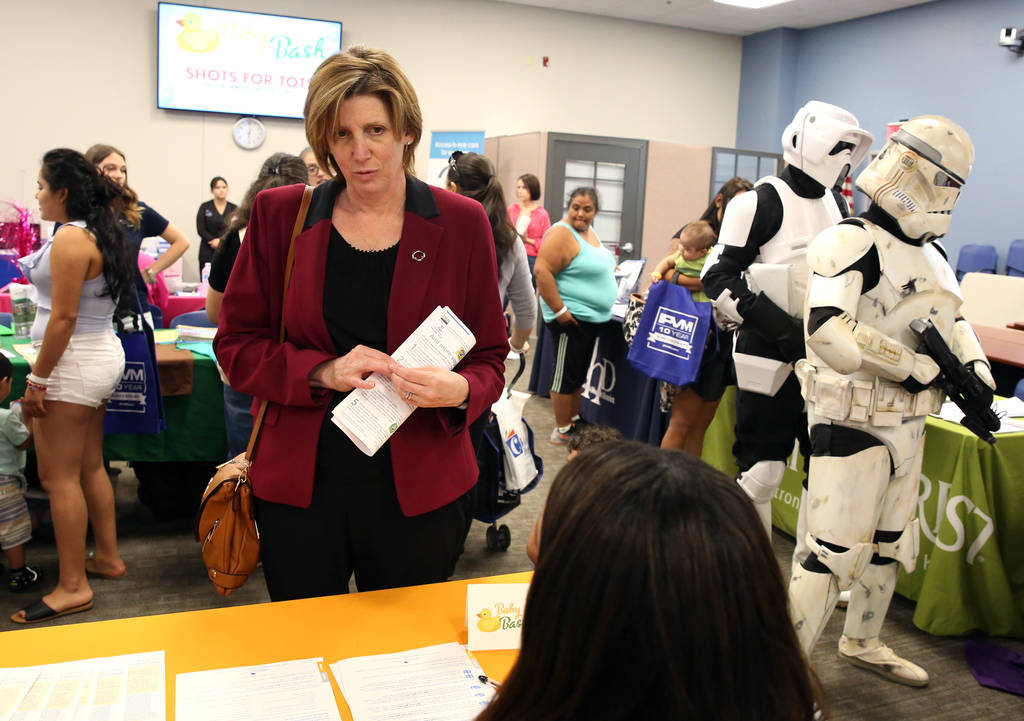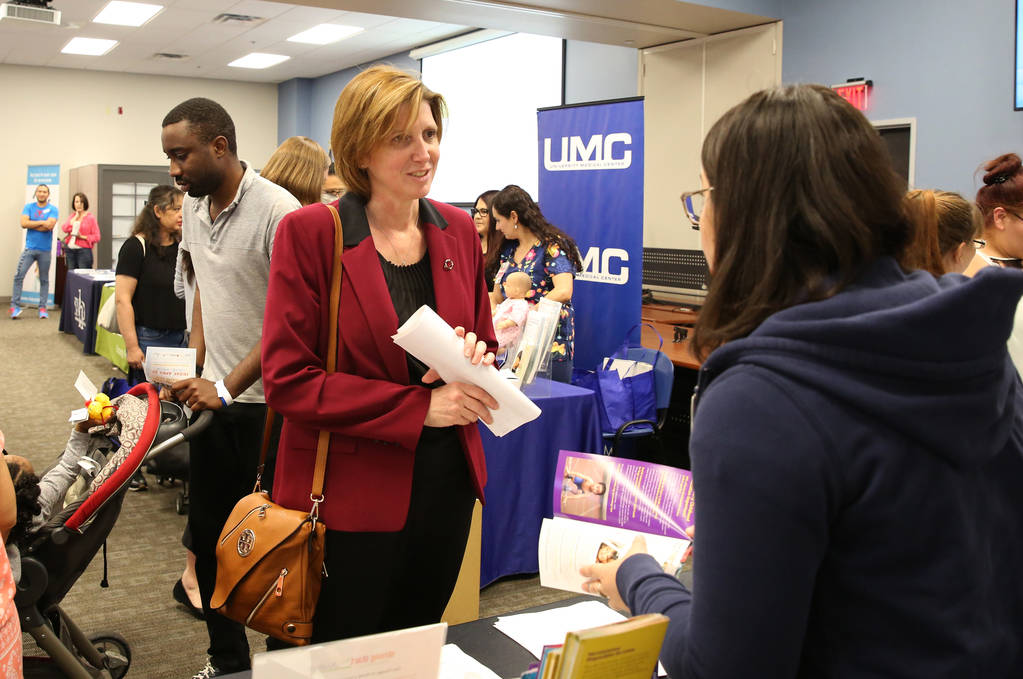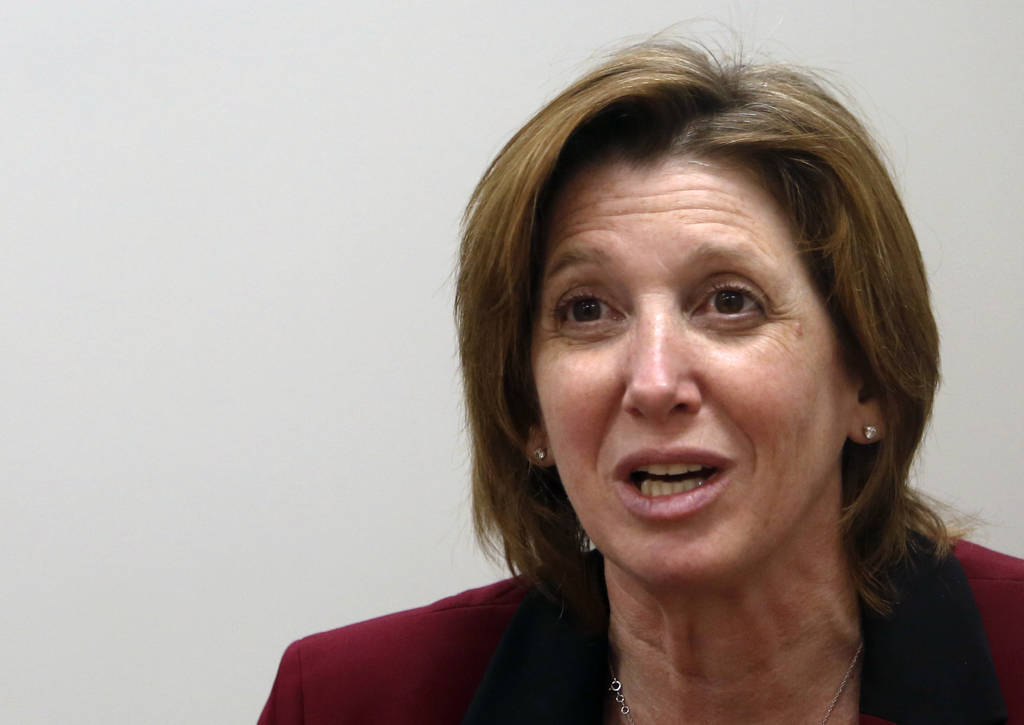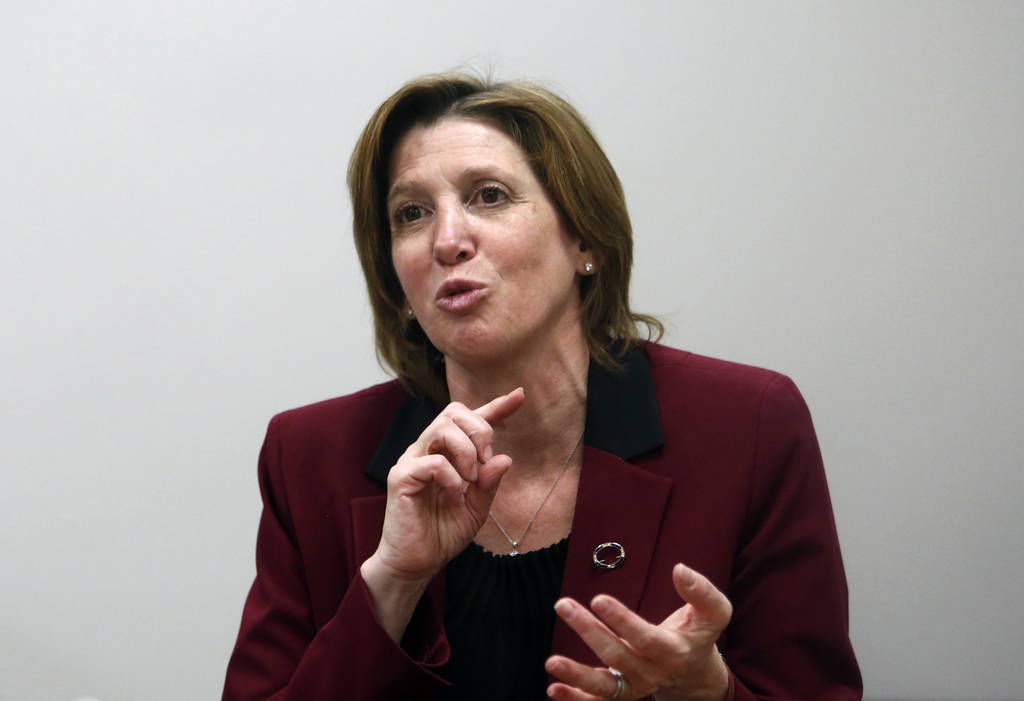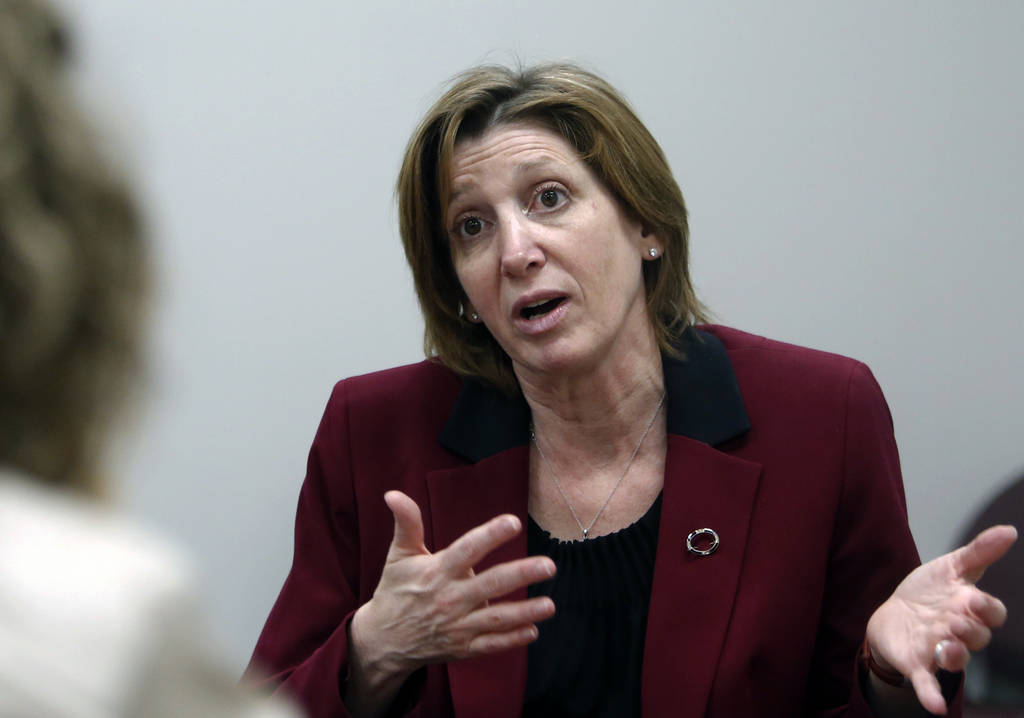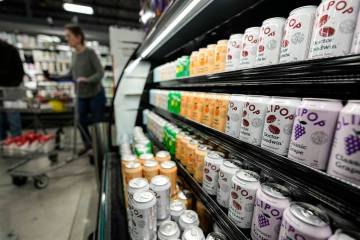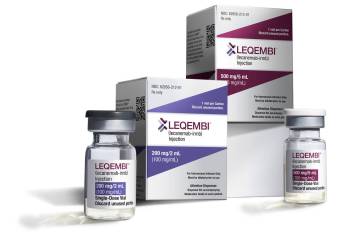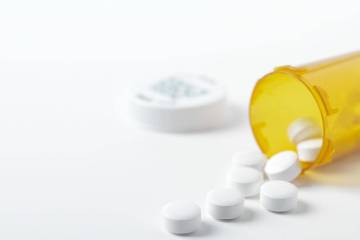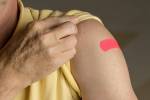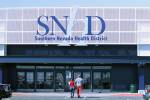HPV vaccination rate in Nevada improving
Nevada’s future is bright when it comes to HPV vaccination rates.
That’s the word from Dr. Nancy Messonnier, director for the Centers for Disease Control and Prevention’s National Center for Immunization and Respiratory Diseases, who visited the Southern Nevada Health District on Friday.
“That’s a testament to the partnership of public health and private providers who really have worked together to accomplish that,” Messonnier said. She was invited to Las Vegas by local health officials celebrating National Infant Immunization Week.
Nevada ranks 15th in the nation for its first-dose HPV vaccination rate: 64.9 percent. Though the CDC recommended three doses of the shot when the vaccine launched a decade ago, it changed that recommendation in 2016 to two doses, which Messonnier said should help raise the vaccination coverage rate nationwide.
“I’d say Nevada is doing great, much better (than in prior years), but none of us are really where we want to be,” Messionnier explained.
About 48 percent of Nevada teens received two doses in 2016, according to the latest CDC data, well below the 80 percent goal outlined in the federal Healthy People 2020 objectives.
The HPV vaccine, which protects against the cancer-causing human papillomavirus in both men and women, is recommended at ages 11 and 12 by the CDC. Both the meningococcal vaccine and Tdap — tetanus, diptheria and acellular pertussis — are recommended for the same age group.
Still, Tdap and meningococcal vaccine rates are higher than that of the HPV vaccine. In part, that’s because there was misinformation and stigma surrounding the vaccine when it was released. HPV, so common that most people will be infected in their lifetime, is transmitted through vaginal, oral or anal sex with someone who has the virus. Nine out of 10 times, the body clears the infection on its own.
“I think one of the things that not everybody realizes is HPV is so prevalent,” said Heidi Parker, director for Immunize Nevada, a nonprofit organization that provides education and outreach on the importance of immunization. “We have to talk about it to make it more normalized.”
HPV vaccination rates have been increasing steadily, and Messonnier said she expects that trend to continue. She attributed gains in vaccine coverage to better education among parents and practitioners.
“It was folks … putting in that hard work to make sure that parents had access to the vaccine when they needed to protect their kids,” she said.
The multi-dose requirement to be protected against HPV cancers has been a barrier to increasing vaccination rates, but maybe not for long. Messonnier said there’s ongoing research internationally on a single-dose vaccine.
Meanwhile, Parker is celebrating. Nevada may rank at the bottom on many health measures, including access to a health provider and mental health resources, but its HPV vaccination rates are a point of pride, she said.
“This is a good example that we can do it,” Parker said. “We can make those health care changes. It takes time, it takes effort and resources, but it is possible.”
Contact Jessie Bekker at jbekker@reviewjournal.com or 702-380-4563. Follow @jessiebekks on Twitter.
Related
Florida man shares story of how he survived HPV cancer



